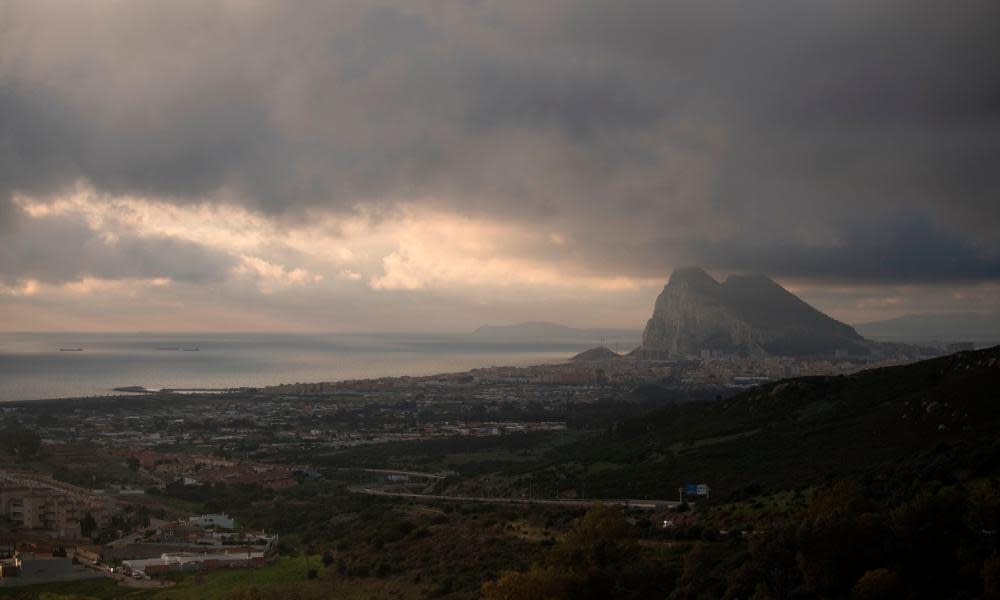'Clock still ticking' for settlement over Gibraltar despite Brexit deal

Days after the Brexit deal was sealed, the last-minute negotiations over Gibraltar are ongoing, as Madrid and London scramble to set out how the shared border will be transformed once the Brexit transition period ends on 31 December.
“The days are getting longer but our time is getting shorter,” Gibraltar’s chief minister, Fabian Picardo, wrote on Twitter on Saturday.
After the deal between the UK and the EU was announced last week, Picardo was quick to point out that it does not cover Gibraltar. “For us and for the people of the Campo de Gibraltar around us, the clock is still ticking,” he said.
The talks on Gibraltar, which for months have run parallel to the wider negotiations on Brexit, have proven a delicate task; focused on preserving free movement for the thousands who regularly cross the narrow border that divides Spain and Gibraltar while steering clear of the centuries-old sovereignty dispute between London and Madrid.
Prior to the pandemic, an average of 28,500 people crossed the border a day. Picardo has long advocated that this fluidity could be protected by Gibraltar joining the Schengen area – a move that would see Gibraltar establish closer ties to the EU just as Britain leaves the bloc.
According to Spain’s El País newspaper such a deal is in the final stages of negotiation. It would reportedly see Gibraltar join the 26 European countries that currently allow free movement of people through Schengen and turn the airport and seaport of the overseas territory into the EU’s newest external border.
In what could become a sensitive point, the deal would subject British nationals that arrive in Gibraltar to passport control while Spaniards would be able to cross freely into the territory.
With just days left before the transition period ends, the high stakes of the negotiations have taken on new importance. Spain’s foreign minister has repeatedly insisted that if an agreement on Gibraltar is not struck by the end of the year, the British overseas territory will become an EU external border “with all of its consequences.”
When pressed for examples of what this could mean, Arancha González Laya pointed to the scenes of stalled lorries stretching for miles and parking lots filled with trucks that played out across England’s southern coast this week.
The example is not without precedent: In 2013 Spain stepped up its checks at the border and mused about the idea of a crossing fee at the border, triggering months of gridlock amid a dispute over an artificial reef.
Speaking to broadcaster Cadena Ser this week, however, González Laya said Spain was committed to reaching a deal on Gibraltar. “We prefer a deal and will work until the last minute to get a deal on Gibraltar.”
As the deadline for the transition period approaches, Gibraltar’s government remains “optimistic” that a deal is within reach, a source told the Guardian.
The sentiment was echoed by Picardo who posted on Twitter: “I am sure the frontiers of our ingenuity will find a route around frontiers made by man.”
Despite ceding Gibraltar to Britain in 1713, Spain has long sought to reclaim the tiny territory on the southern tip of the Iberian peninsula.

